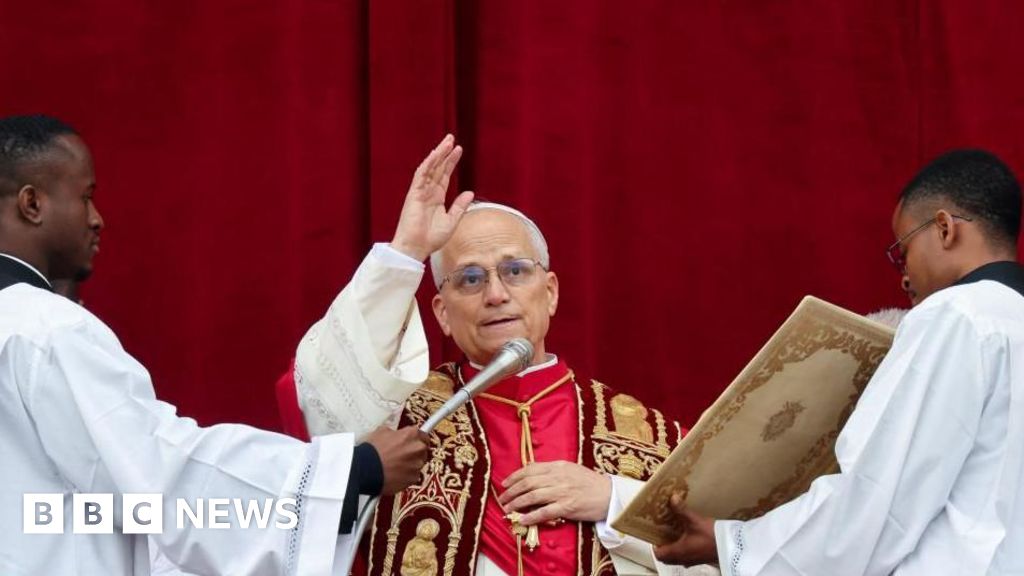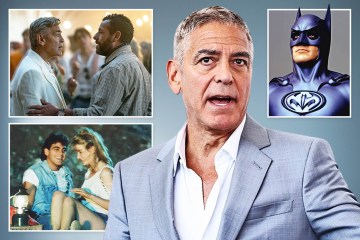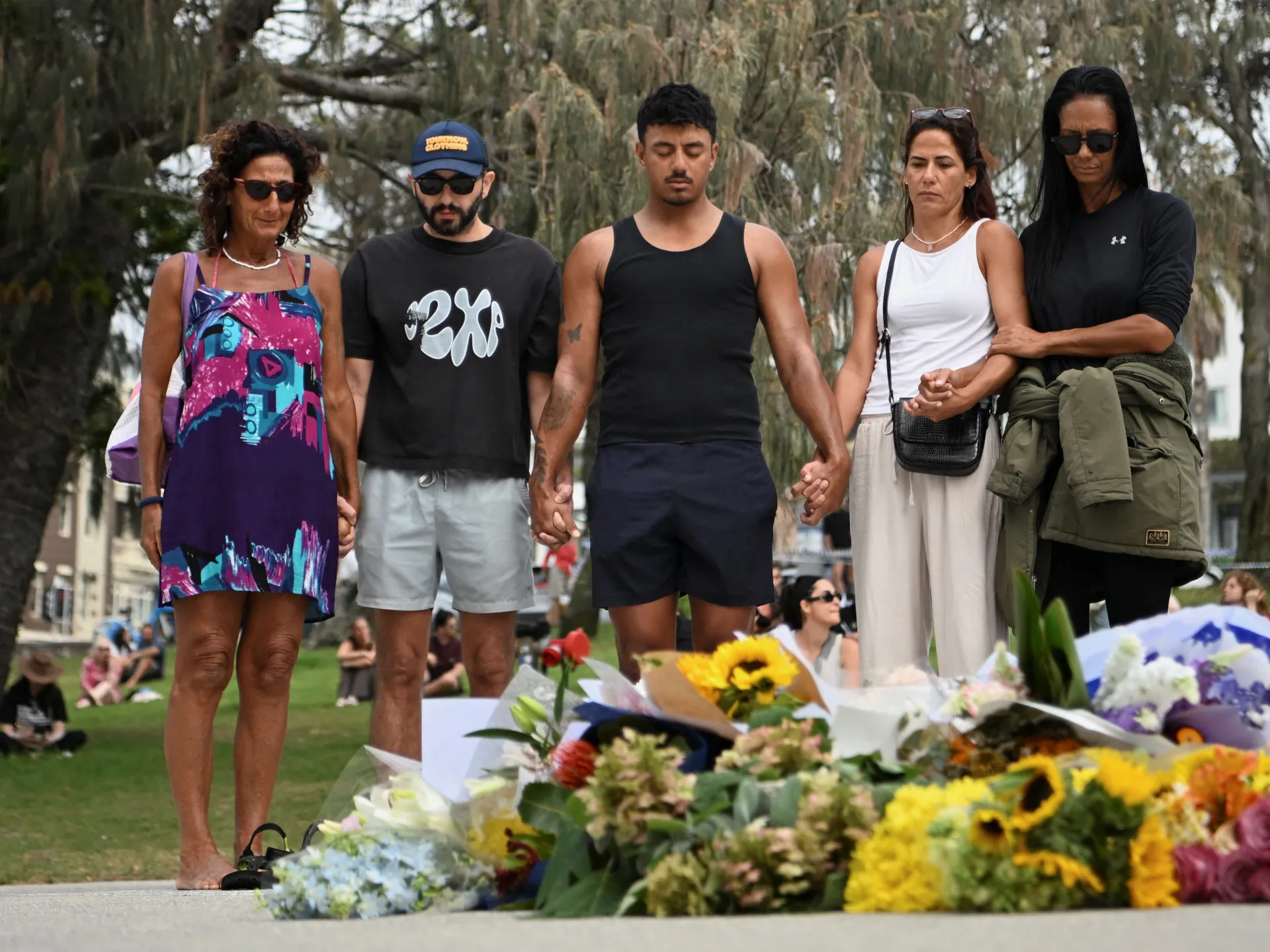Pope Leo urges ‘courage’ to end Ukraine war in first Christmas address
Pope Leo has urged Ukraine and Russia to find the “courage” to hold direct talks to end the war during his first Christmas remarks to crowds in St Peter’s square.
He called for an end to conflicts around the world during his Urbi et Orbi address, which is traditionally delivered by the pontiff on Christmas Day to worshippers gathered in Vatican City.
Speaking about Ukraine, the Pope said: “May the clamour of weapons cease, and may the parties involved, with the support and commitment of the international community, find the courage to engage in sincere, direct and respectful dialogue.”
His plea comes as US-led negotiations on a deal to end the fighting continues.
The US has sought to put together an agreement acceptable to both sides, but direct talks between Russian and Ukraine have not taken place during this latest round of diplomatic efforts.
Pope Leo also decried turmoil and conflict plaguing other parts of the world, including Thailand and Cambodia where deadly border clashes have flared up despite a ceasefire in July.
He asked that the South East Asian nations’ “ancient friendship” be restored and “to work towards reconciliation and peace”.
During an earlier Christmas Day sermon in St Peter’s Basilica, Pope Leo lamented conditions for homeless people the world over, and the damage caused by conflicts.
“Fragile is the flesh of defenceless populations, tried by so many wars, ongoing or concluded, leaving behind rubble and open wounds,” he said.
He said the story of the birth of Jesus showed that God had “pitched his fragile tent” among the people of the world. “How, then,” he asked, turning his attention to the conditions of Palestinians, “can we not think of the tents in Gaza, exposed for weeks to rain, wind and cold?”
Gaza has been devastated by Israeli bombardment in a two-year war, triggered by Hamas’s attack on Israel on 7 October 2023.
Winter storms have compounded the plight of the territory’s 2.1m population, nearly all of whom have been displaced and their homes damaged or destroyed.
Aid agencies have called for Israel to allow more tents and urgently needed supplies into Gaza.
Cogat, the Israeli military body which controls Gaza’s border crossings, has dismissed claims of deliberate aid restrictions, saying almost 310,000 tents and tarpaulins had been delivered since the start of the ceasefire in October.




